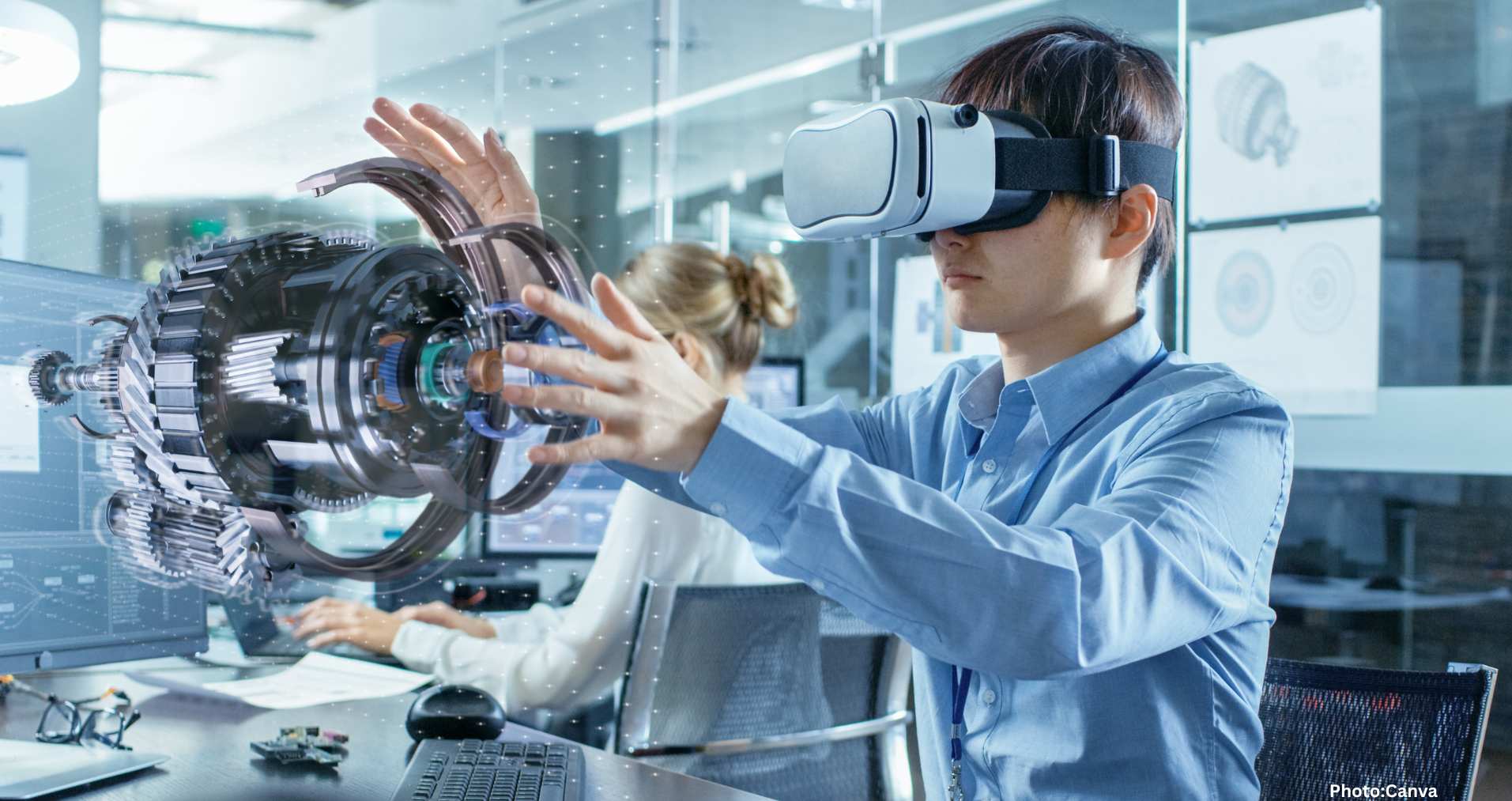Police departments in the U.S. and Canada are increasingly utilizing virtual reality training to enhance officers’ decision-making skills in high-pressure situations.
Police departments across the United States and Canada are embracing virtual reality (VR) training to better equip officers for high-pressure, real-world scenarios. The initiative aims to enable officers to respond quickly and safely to various calls, as stated by tech company Axon. Currently, over 1,500 police agencies in North America have adopted Axon’s VR training program.
At the Aurora Police Department in Colorado, recruits are actively engaging with this innovative technology. “You get to be actually in the scene, move around, just feel for everything,” said recruit Jose Vazquez Duran, highlighting the immersive experience that VR training offers.
Fellow recruit Tyler Frick described the training as “almost like a 3D movie,” emphasizing its relevance to their future roles after graduating from the academy. The Aurora Police Department employs Axon’s VR program to prepare recruits for a variety of scenarios, including de-escalation techniques, Taser use, and other high-stress interactions.
Thi Luu, vice president and general manager of Axon Virtual Reality, explained, “It’s filmed with live actors who are re-enacting scenarios. We have a lot of content focused on a wide range of topics, from mental health to encounters with individuals experiencing drug overdoses or domestic violence.”
The Aurora Police Department has been utilizing Axon’s VR training program for three years, and officials note that the technology continues to advance and become more user-friendly. This progress helps to optimize training resources. “It really helps on manpower for my staff, the training staff, when we can have, you know, 10 or 15 recruits all doing the exact same scenario at the same time,” said Aurora police Sgt. Faith Goodrich. “That means we are getting the most out of our training hours, and having well-trained, well-rounded officers is really important.”
Axon has integrated artificial intelligence into its latest training program, allowing virtual suspects to exhibit a range of behaviors—friendly, aggressive, or anything in between. These virtual characters can answer questions, respond verbally, or even refuse to cooperate, mirroring real-life interactions. Each training session is unique, adapting to how officers handle various situations.
A study conducted by PwC found that virtual reality can significantly accelerate officer training and enhance confidence in applying newly acquired skills compared to traditional classroom training. According to the study, VR learners demonstrated a training rate four times faster and a 275% increase in confidence when applying learned skills compared to their classroom-trained peers.
As police departments continue to explore innovative training methods, the integration of virtual reality stands out as a promising approach to improving decision-making skills in high-stress environments.
Source: Original article

